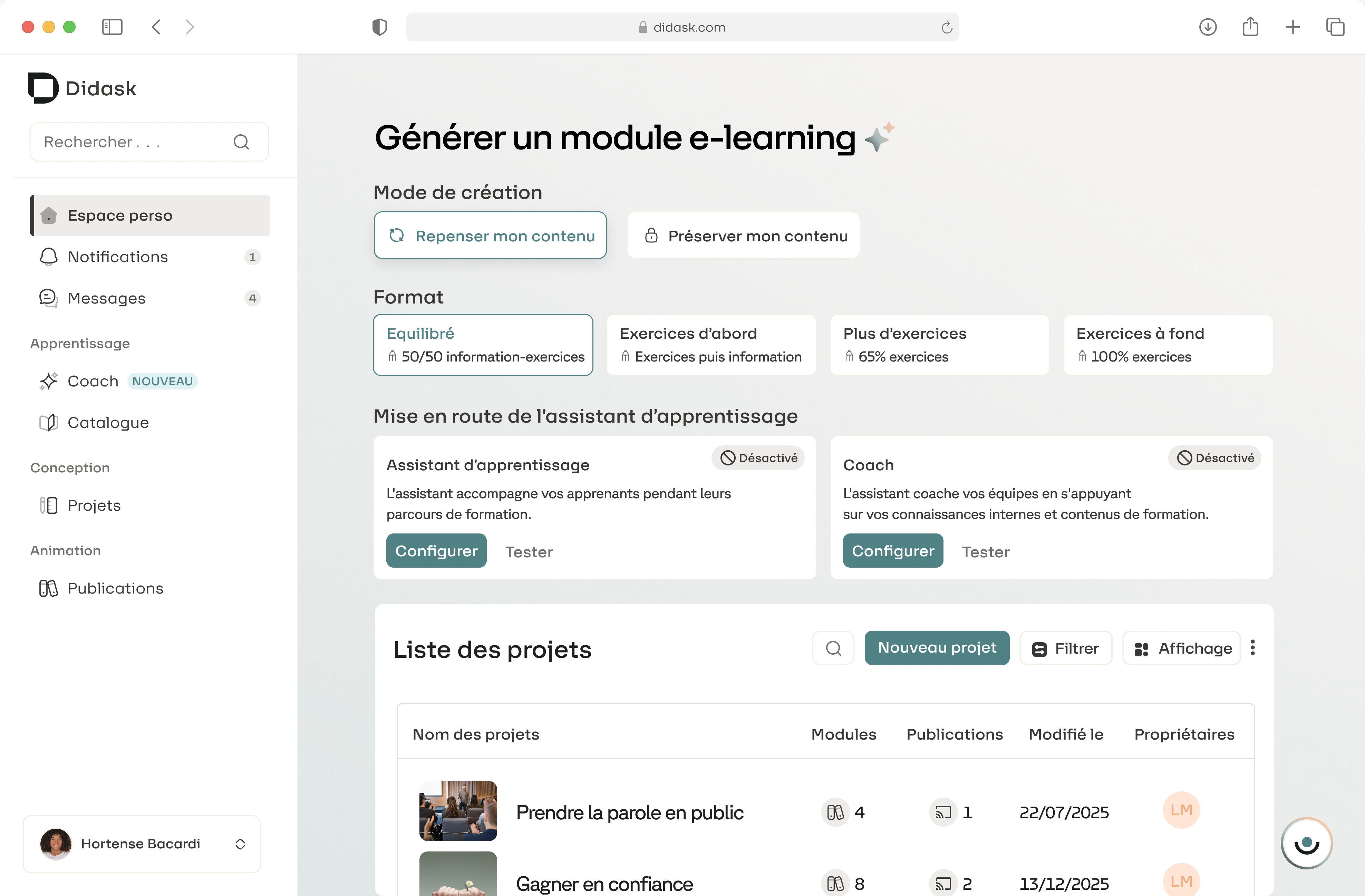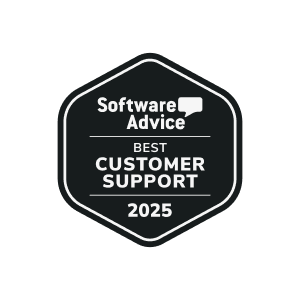We use a lot of acronyms in digital technology and sometimes that's harmful to us. For example, CMS and LMS are among the most frequently confused. This confusion is not trivial: choosing between a content management system (CMS) and a learning management system (LMS) can radically transform an organization's digital trajectory. The challenges of this choice go far beyond the technical aspects — they directly affect your ability to disseminate information or to develop the skills of your teams.
Definitions and main functions: CMS and LMS
These two platforms share a common root — content management — but fundamentally differ in their purpose and operation.
LMS and CMS in a nutshell
CMS : A system for creating, editing, and publishing web content without technical knowledge
LMS : Platform specialized in the creation, distribution and monitoring of training courses and learning paths
What is a CMS (Content Management System)?
A CMS is a tool that democratizes the creation and publication of web content. It allows users without special technical skills to create, modify and manage a website or a blog. Content management is at the heart of these systems, making it easy to create articles and web pages.
WordPress dominates the market with more than 40% of global websites, followed by other solutions such as Drupal, Joomla, Webflow or Shopify. The main functionalities of a CMS include the creation and modification of pages via a visual interface, media management, hierarchical organization of content, customization of appearance, and management of user rights.
A CMS is particularly suitable for corporate blogs, institutional sites, e-commerce sites or information portals. These tools are designed to be user-friendly, allowing even novices to create and publish digital content without difficulty.
What is an LMS (Learning Management System)?
One Learning Management System is a platform specially designed for training and skills development. Its primary objective is to structure online learning to maximize its effectiveness and measure the acquisition of skills. Unlike CMS, learning management systems are specifically designed for distance learning and online learning.
Les LMS allow you to create structured training programs, with sequential learning paths. These learning platforms facilitate the distribution of multimodal educational content (videos, quizzes, exercises) and make it possible to monitor learners' progress in real time. Assessing achievements and generating detailed reports are also among the essential functionalities of an LMS.
The learning management systems market includes players such as Moodle (open source), Docebo, 360Learning, or Didask, which stands out from the others. online training platforms through its approach based on cognitive science. LMS are preferred for employee training in companies, in educational content to complement traditional education, or in training organizations to digitize their online training offer.
The choice between CMS and LMS — or their complementary use — should result from an in-depth analysis of your strategic goals. While publishing content remains the field of excellence of content management systems, the effective development of skills requires a specialized learning platform.
Learning platforms are radically transforming the impact of digital learning by reconciling simplicity of creation and educational effectiveness.
FAQ: Frequently asked questions about CMS and LMS
Can an LMS replace a CMS?
No, a learning management system is not designed to manage a public website or a blog. While it can deliver educational content, its structure and features are optimized for online learning, not for editorial publishing or content SEO.
How to measure the ROI of an LMS?
The ROI of a learning management system can be measured at several levels: reduction in training costs (travel, premises), time savings, improvement of skills, reduction of errors, better regulatory compliance and impact on your company's business KPIs.
Do you need specific technical skills to administer an LMS?
LMSs are designed to be easy to use. Administrative roles can be divided between several profiles: training manager, instructional designer, or business expert. Learning Transformation Platforms like Didask go further by automating the majority of technical tasks for administrators and content authors.










.png)